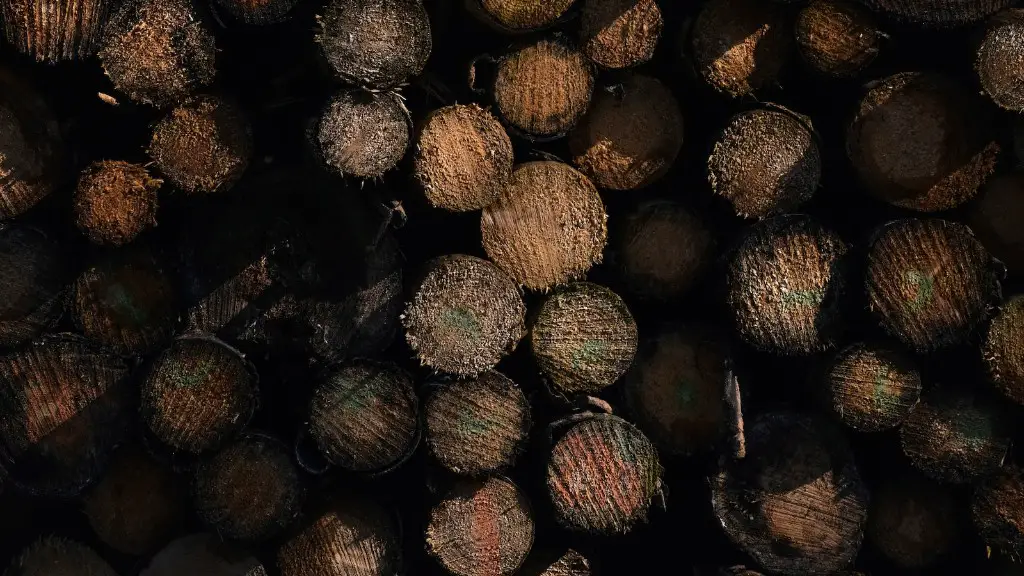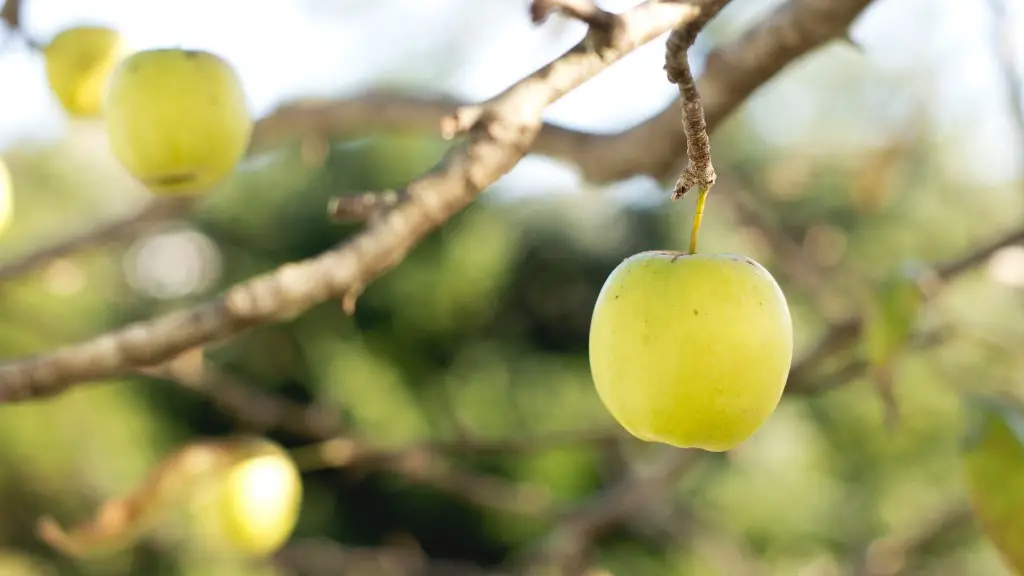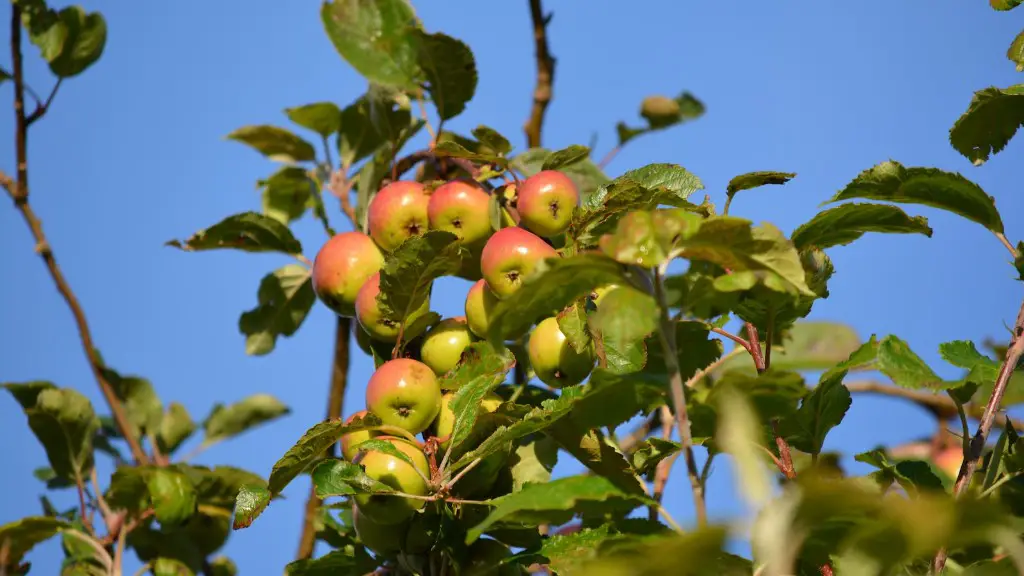A list of tree nut allergies is a list of possible allergies that someone may have to tree nuts. These allergies can range from mild to severe, and in some cases, they can be life-threatening. If you or someone you know has a tree nut allergy, it is important to be aware of the symptoms and to know what to do if a reaction occurs.
Some people may be allergic to one tree nut, while others may be allergic to multiple tree nuts. The most common tree nuts that people are allergic to are almonds, Brazil nuts, cashews, hazelnuts, macadamia nuts, pecans,pine nuts, pistachios, and walnuts. However, it is also possible to be allergic to less common tree nuts, such as beechnuts, butternuts, chestnuts, chinquapins, gingko nuts, hickory nuts, and pignuts.
What foods to avoid with tree nut allergy?
If you have a tree nut allergy, it is important to be aware of the many potential sources of tree nuts in your diet. Many common foods, such as breakfast cereals, candy, crackers, cookies, and chocolates, may contain tree nuts. Additionally, tree nuts may be used as flavorings in energy bars, flavored coffee, frozen desserts, marinades, and barbeque sauces. Some cold cuts may also contain tree nuts. Finally, tree nuts may be present in ice cream, alcoholic beverages, lotions, shampoos, and soaps. If you have a tree nut allergy, it is important to read food labels carefully and to avoid any foods that may contain tree nuts.
Peanuts are a type of legume, which are edible seeds enclosed in pods. They are in the same family as beans, lentils, and peas. Meanwhile, tree nuts, which include but are not limited to, walnuts, cashews, almonds, and pecans, are all produced on trees.
What is the most common nut to be allergic to
Peanuts are one of the most common food allergens and can cause a life-threatening reaction known as anaphylaxis. If you are allergic to peanuts, it is important to avoid them altogether and to be prepared with emergency medication in case of accidental exposure.
If you have a nut allergy, you may want to avoid avocados as they contain similar proteins to chestnuts. However, since avocados are classified as a fruit, you should be able to eat them if you don’t have a chestnut allergy.
What foods are in the tree nut family?
An allergy to one tree nut does not necessarily mean an individual is allergic to other tree nuts, but certain tree nuts are closely related. For example, cashew is closely related to pistachio, and pecan is closely related to walnut.
If you have a severe allergic reaction, you should give yourself an injection of epinephrine (EpiPen or EpiPen Jr) as soon as possible. This will help to reduce the severity of the reaction. You should also take liquid diphenhydramine (Benadryl) at a dose of 5 mg for every 10 lb of body weight, up to a maximum dose of 75 mg.
Is banana nut a tree nut?
Bananas are a type of fruit, although the plants they grow on are considered herbaceous, or non-woody. This makes banana plants technically herbs, but they have no relation to ground or tree nuts.
Bananas are fruits that grow on plants that are considered herbaceous, or non-woody. This makes banana plants technically herbs, but they have no relation to ground or tree nuts.
Is pistachio a tree nut
A tree nut allergy is when your body reacts to one or more of the proteins found in tree nuts. This can cause a range of symptoms, from a mild reaction to a severe, life-threatening anaphylactic reaction. People who are allergic to one type of tree nut are not necessarily allergic to all types of tree nuts, although they may be at a higher risk of being allergic to other types of tree nuts. If you have a tree nut allergy, it is important to avoid all tree nuts, as even a small amount can trigger a reaction.
If you or someone you know has a nut allergy, it is important to be aware of the symptoms and how to manage the allergy. Symptoms of nut allergy include raised red bumps on the skin (hives), runny nose, cramps, nausea or vomiting. The best way to manage peanut, tree nut and seed allergies is to avoid all products containing these foods. If you have a severe reaction to a nut, it is important to seek medical attention immediately.
What is the least allergic nut?
There are a variety of nut flavors that are safe for those with allergies. These include chestnuts, coconuts, hazelnuts, macadamia nuts, pecans, pine nuts, pistachios, and walnuts.
The FDA lists coconut as a tree nut, but in fact, coconut is a seed of a drupaceous fruit. Most people allergic to tree nuts can safely eat coconut, as coconut allergy is rare.
What fruit is a tree nut
A drupe is a fruit with a hard pit or stone inside. The most well-known drupe is probably the peach, but other drupes include cherries, plums, and almonds. The word “nut” is often used to refer to drupes, but not all drupes are nuts.
A nut is a type of dry fruit that has a single seed, a hard shell, and a protective husk. Chestnuts, hazelnuts, pecans, and walnuts are all examples of true nuts. Peanuts and almonds, on the other hand, do not meet the botanical definition of a true nut.
Which fruit is not a nut?
There are many types of fruits that are classified as drupes, such as the cashew, almond, and pistachio. These fruits are fleshy on the outside and contain a hard shell that covers a seed on the inside. While drupes are not true nuts, they are still an important part of many diets around the world.
Avoiding Nuts
If you have a nut allergy, it is important to avoid all products that may contain or come into contact with peanuts, tree nuts or other allergens. This includes products available at McDonald’s restaurants.
When dining out, always inform your server of your allergy and ask about the ingredients in your food. It is also important to be aware that cross-contamination can occur in restaurants, so there is always a risk of exposure to allergens.
If you have a severe allergy, it is best to avoid dining at McDonald’s and other restaurants. Instead, opt for safe, home-cooked meals. By taking these precautions, you can help to protect yourself from a potentially life-threatening reaction.
Does Taco Bell use tree nuts
If you have an allergy to peanuts, tree nuts, fish, or shellfish, you may want to avoid Taco Bell. While they don’t use these ingredients in their regular menu items, they may be produced in common manufacturing facilities that do produce these products.
We take great care to prevent allergen cross-contact in our kitchens, however please be aware that products containing wheat/triticale, egg, soy, tree nuts, sesame seed, mustard, sulphites, milk, and gluten (barley, oats, rye, triticale or wheat) are all made in our kitchens. There could be other potential allergens not addressed here. If you have any concerns, please speak to a member of our team.
Warp Up
Allergies to tree nuts are relatively common, and can cause a wide range of symptoms. Some of the most common tree nut allergies include allergies to almonds, Brazil nuts, cashews, hazelnuts, macadamia nuts, pecans, pine nuts, pistachios, and walnuts.
Tree nut allergies are a serious matter that should not be taken lightly. If you have a tree nut allergy, it is important to avoid all tree nuts, as even a small amount can trigger a severe reaction. Be sure to always carry your EpiPen with you in case of an accidental exposure.




